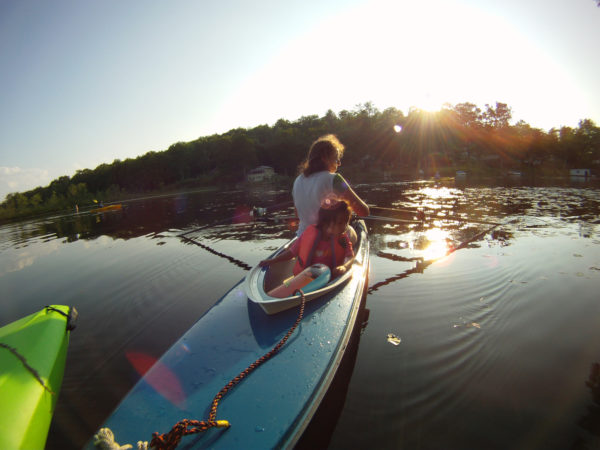Most parents are relieved to finally learn what they knew all along; that their kid has dyslexia or a reading issue. For us, it meant that we could finally get the services that we knew our daughter needed. What we weren’t prepared for, were, well, the little white lies.
Little white lies happen. I always thought that little white lies were innocent twists on the truth. Failing to tell a little white lie could expose information that might do more harm than good. What I’ve learned, though, is that having an understanding of the little white lies makes me a better parent advocate for our daughter.
Public Education & Dyslexia Services
The promise of public education. I always envisioned that our daughter would go to public school, and it never crossed my naïve mind that we couldn’t make it work. It’s public education!
When our daughter was in pre-K and kindergarten, we signed up for the lottery in our school district. We did not get any of our choices, so we enrolled her in a private Montessori school, and went on a waiting list. Eventually, all of our daughter’s friends got into one of their schools of choice. However, once our daughter had an IEP, we were told she was no longer eligible for the lottery or any of the magnet schools.
Um, what about that right to public education like the other kids in the district were experiencing? I’m not an attorney, so I won’t comment on FAPE (a free and appropriate public education), and how it is covered under IDEA (The Individuals with Disabilities Education Act). I don’t have that information.
What I do know now is that an “appropriate” public education is not a given. A free public education is a given, but it may not be the education that your kid needs. It’s not egregious or irreparable. Just a little white lie.
Private School & Dyslexia Services
Fortunately, we could make it work at a private school, but what about reading services? While we received services at our daughter’s school, they were remedial reading services. What this means, is that there were no services that are specifically recommended for kids with dyslexia or reading differences.
Without a multi-sensory, research-based, structured reading program delivered with fidelity, we ended up paying enormous amounts of money to bring in a private tutor to provide services with fidelity. It was not financially sustainable, and eventually, we got into a program in another county that provided services on a sliding scale.
Most people outside of the world of reading differences and dyslexia have no idea that many states or school districts do not have to provide one of the recommended reading programs for kids who are dyslexic. So, a school can easily say they offer reading services, and they are, but it’s a little white lie.
Is it a reading service? Yes.
Is it a structured reading program that is proven to help your kid with dyslexia learn to read? No.
I shudder to think what our daughter’s future would be if we couldn’t figure out how to pay for the necessary services or navigate the complex school system. Some experts research the dyslexia school to prison pipeline which demonstrates the consequences of not teaching our kids to read are real.
Just as most parents trust that when they send their kids to school, their kids will be safe, parents also presume that the education system will teach their kids to read the way they need to learn. Most if not all teachers want this too. Taking for granted that the education system will teach your kid to read is the scariest of the little white lies. At least it was for us.
Higher Education, Teacher Training & Dyslexia
It is easy to blame the teachers, but they can’t teach what they have never learned. It begins upstream, and that is higher education. Higher education needs more resources and solutions to train teachers so that they are prepared to teach all kids to read. If that happens, the K-12 education system won’t have to keep telling little white lies.
Revising curricula is a painfully slow and laborious process, but it must be done if we want to teach kids with dyslexia how to read.
Nobody likes to tell little white lies, but that’s where we are. What would you do to change the educational climate of teachers and or the kids they teach with dyslexia?

Pingback: The Little White Lie of Dyslexia Services for School-Age Children – Diane P. Proctor
Pingback: Can We Change The Little White Lies of Dyslexia Services for School-Age Children? -
Pingback: What Are You Going To Do About School Next Year? - Teach My Kid to Read